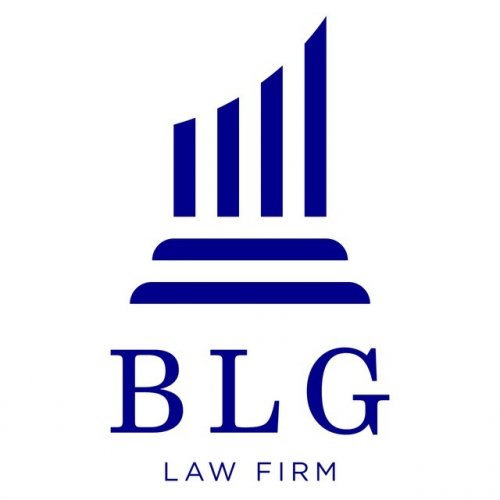Best Transportation Lawyers in Tashkent
Share your needs with us, get contacted by law firms.
Free. Takes 2 min.
List of the best lawyers in Tashkent, Uzbekistan
About Transportation Law in Tashkent, Uzbekistan
Transportation law encompasses regulations related to all modes of transportation in Tashkent, the capital city of Uzbekistan. This includes laws governing road, rail, air, and maritime transportation as well as the infrastructure supporting these methods. These laws are put in place to streamline the movement of people and goods within the city, and maintain safety standards. They range from ensuring proper licensing for drivers, conforming to environmental regulations for transportation equipment, to laws relating to transportation-related business activities and dispute resolution.
Why You May Need a Lawyer
In many situations, you may require a lawyer well-versed in transportation law. You may need legal aid if your business revolves around the transportation sector, such as managing a fleet of vehicles, operating a cargo transport firm, or running a ride-hailing service. Equally, individuals may need advice if they've been involved in accidents due to public transportation or have a dispute with transportation companies. Legal help can also be solicited for contractual negotiations related to transportation services or for understanding land use and zoning related to transport infrastructure.
Local Laws Overview
It's important to know the local transportation laws in Tashkent. The city has specific regulations regarding licensing for professional drivers, vehicle standards, and traffic regulations to ensure the safety of road users. There are also laws governing the operation of public transportation. Additionally, there are regulations related to the maintenance of transportation infrastructure, emissions, and fuel standards, import and export of vehicles, and the legal aspects of purchasing or leasing vehicles.
Frequently Asked Questions
What type of license is required to operate public transportation vehicles in Tashkent?
An appropriate professional driving license authorized by the government is required for operating any public transportation vehicles. This may also require specific evaluations or additional certifications, based on the type of vehicle.
What legal rights do I have if I am involved in a road accident?
If involved in a road accident, you have the right to seek compensation for damages or injuries occurred. That's where a lawyer can assist in negotiations, filing claims, and legal representation if necessary.
Are there any specific environmental regulations for vehicles in Tashkent?
Yes, vehicles operating in Tashkent should comply with specific environmental standards, designed to reduce pollution and curb emissions.
What are the local regulations regarding freight transportation?
Freight transportation in Tashkent is governed by a number of regulations, including vehicle size and weight restrictions, securing loads, dangerous goods regulations, and route planning regulations.
What is the legal liability if a transport company breaches the contract?
If a transportation company breaches a contract, they could face penalties including fines or legal actions. This depends on the nature of the contract and the extent of the breach.
Additional Resources
You can visit the official government website of Tashkent City or the Uzbekistan Ministry of Transport for more detailed information. Online forums and blogs specific to Uzbekistan transportation laws can also provide insights.
Next Steps
If you require legal assistance in matters related to transportation in Tashkent, consider finding a lawyer who specializes in transportation law. Such professionals possess the necessary knowledge and experience to provide advice. Also, exploring resources provided by the government can facilitate awareness regarding your legal obligations and rights.
Lawzana helps you find the best lawyers and law firms in Tashkent through a curated and pre-screened list of qualified legal professionals. Our platform offers rankings and detailed profiles of attorneys and law firms, allowing you to compare based on practice areas, including Transportation, experience, and client feedback.
Each profile includes a description of the firm's areas of practice, client reviews, team members and partners, year of establishment, spoken languages, office locations, contact information, social media presence, and any published articles or resources. Most firms on our platform speak English and are experienced in both local and international legal matters.
Get a quote from top-rated law firms in Tashkent, Uzbekistan — quickly, securely, and without unnecessary hassle.
Disclaimer:
The information provided on this page is for general informational purposes only and does not constitute legal advice. While we strive to ensure the accuracy and relevance of the content, legal information may change over time, and interpretations of the law can vary. You should always consult with a qualified legal professional for advice specific to your situation.
We disclaim all liability for actions taken or not taken based on the content of this page. If you believe any information is incorrect or outdated, please contact us, and we will review and update it where appropriate.










